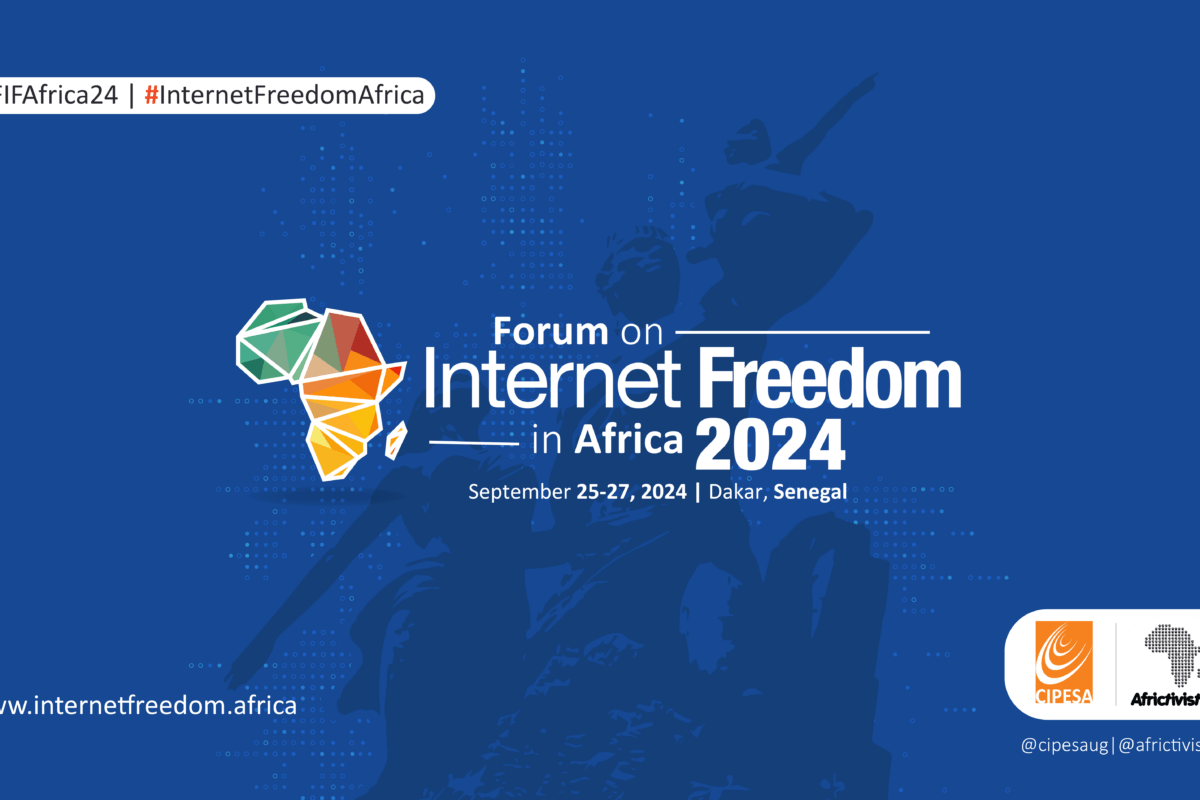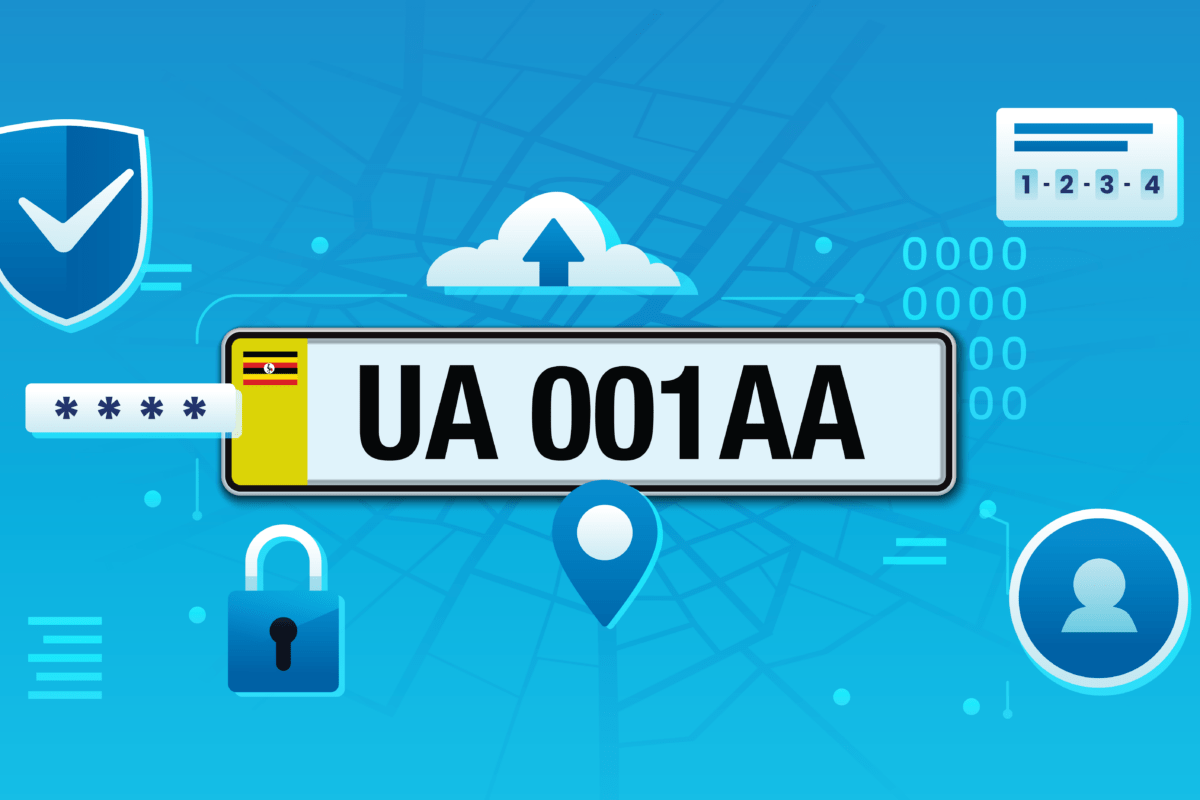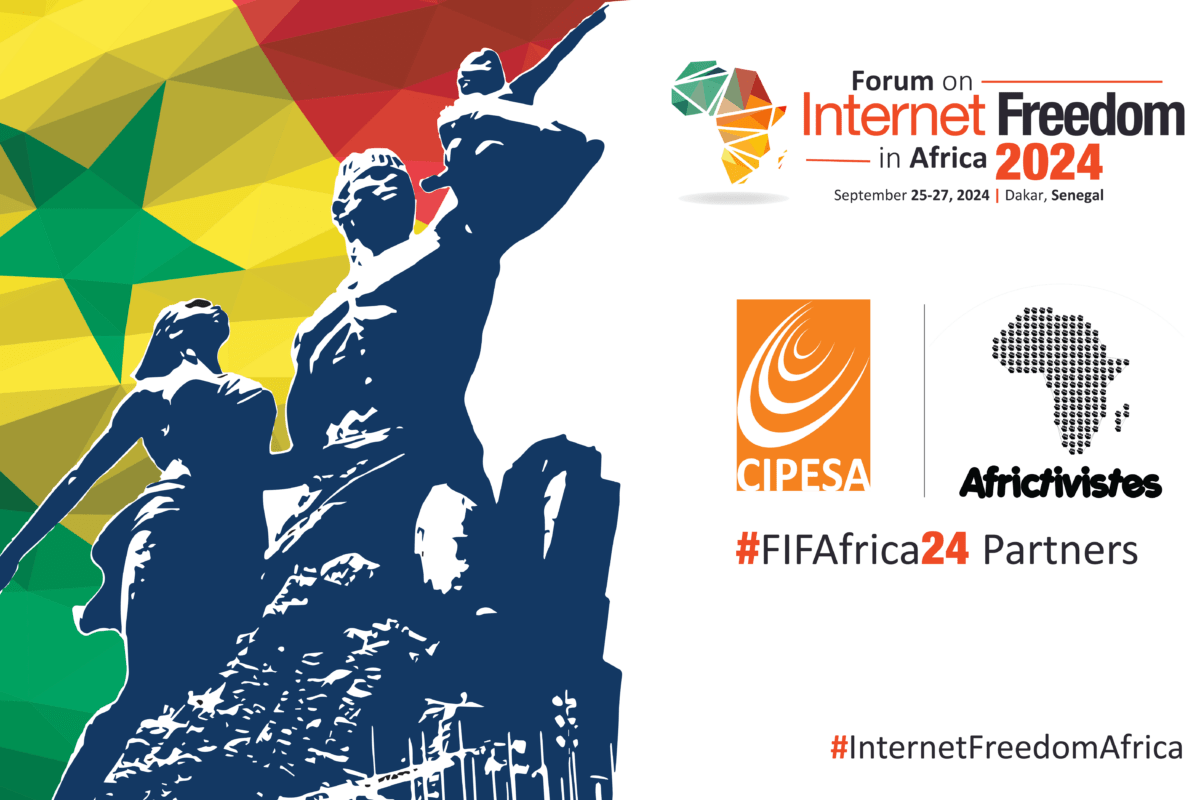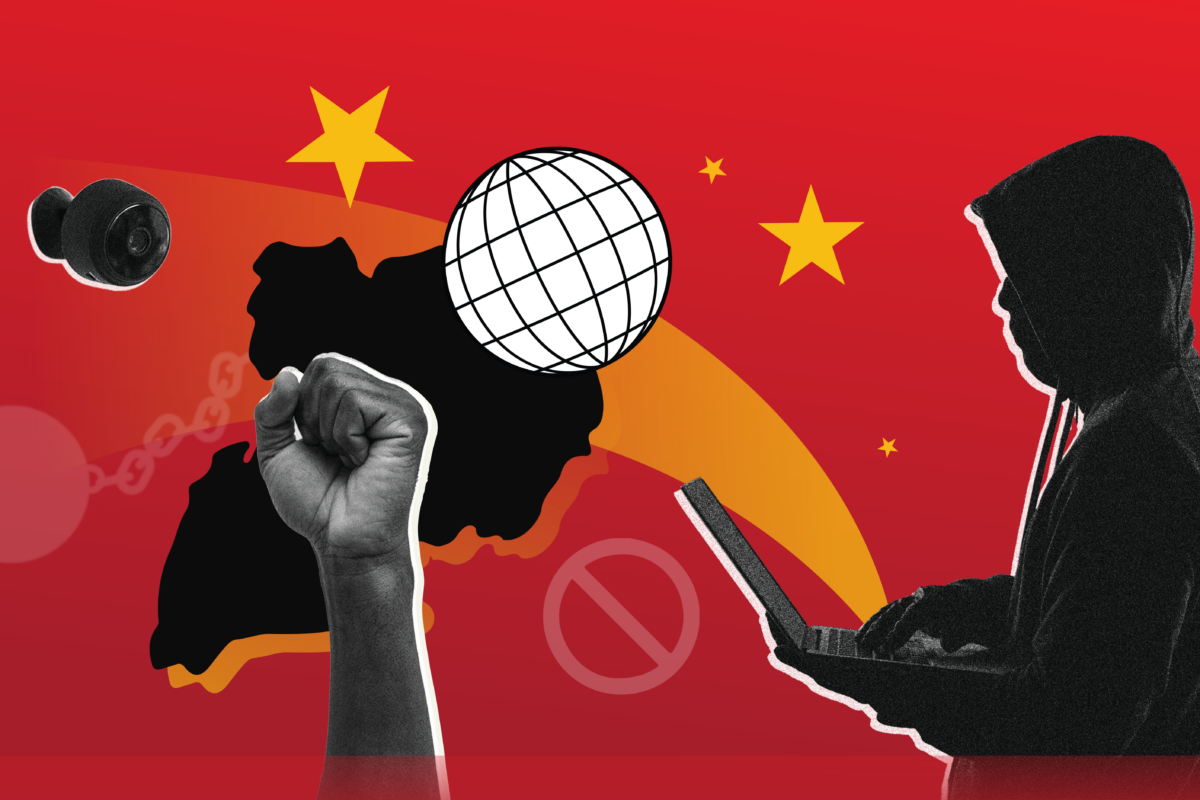By FIFAfrica |
The highly anticipated Forum on Internet Freedom in Africa 2024 (FIFAfrica24) is just around the corner, and this year we’re heading to the vibrant city of Dakar, Senegal that in 2024, has been the backdrop of a variety of both controversial and pivotal developments impacting democracy and digital rights.
Senegal was to host its elections on February 25, 2024, but instead was thrown into turmoil following a February 3, 2024 announcement that the elections had been postponed and that the incumbent – Macky Sall’s presidency would be extended until his successor is installed. Shortly after the announcement, internet access in the country was restricted in a move that the Ministry of Communication, Telecommunications, and Digital Economy justified as a response to the spread of “hateful and subversive messages” threatening public order.
Elections would eventually be held on March 24 vote and would run smoothly with no major incidents reported, and an eventual peaceful transition of power to President Bassirou Diomaye Diakhar Faye. Senegal’s electoral journey stands out, particularly in contrast to the turbulent electoral climates in other African states.
While 2024 has been hailed as the Year of Democracy in which more than 2 billion people will go to the polls in 65+ elections across the world, in the biggest elections megacycle so far this century, with several taking place in Africa.
Meanwhile, despite its economic challenges, Senegal is among a handful of African states alongside Benin, Mauritius, and Rwanda that have developed national Artificial Intelligence strategies. This goes against the trend in which the most developed or largest economies are the first to create national AI strategies. In the case of Africa, countries like South Africa or Nigeria would create national AI strategies first, yet neither has done so (though Nigeria’s strategy is reportedly in development).
| Senegal’s commitments to a progressive legal, regulatory and institutional framework for the technology sector include its efforts in data governance, a hub for innovation, a National Digital Addressing, and advancing a comprehensive National Data Strategy. |
This year, Senegal joined 17 African countries that have put at least one satellite in orbit. It joined countries such as South Africa and Egypt which have 13 satellites each, with Nigeria ranking in third with seven satellites. President Bassirou Diomaye Faye remarked that the move signified a major step towards Senegal’s “technological sovereignty”.
This points to the wide spectrum along which many African countries sit regarding digital adoption, digital inclusion, technology-related regulation and legislation. The Forum aims to capture this diversity through the following themes:
- Digital Inclusion
- Digital Resilience
- Freedom of Expression & Access to Information
- Information disorder (mis/disinfromation)
- Implications of AI
- Governance and Policy
- Movement Building
See the agenda
As a member of the #InternetFreedomAfrica community, FIFAfrica24 offers a unique platform to explore a wide range of themes and also provides valuable networking opportunities with participants from around the world with the shared vision of digital rights in Africa.
Join the Conversation
Can’t make it to Dakar? Don’t worry FIFAfrica24 will be streamed live here! You can still participate in discussions, watch live panels, and engage with attendees using the hashtag #FIFAfrica24 on social media. Better yet, you can register to attend remotely or in person and engage directly with participants within the event platform.
Be sure to stay connected, follow the debates and discussions, and contribute your thoughts and insights to the #InterneyFreedomAfrica community.





